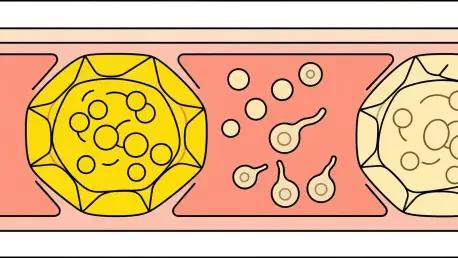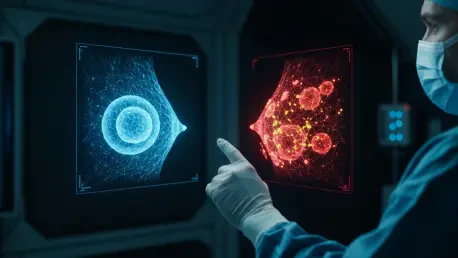
In the high-stakes world of biopharmaceutical development, the line between a groundbreaking success and a costly failure is often defined by the unforgiving logic of statistical significance, a reality Nektar Therapeutics recently confronted with its autoimmune drug, rezpegaldesleukin. The company

We're joined today by Ivan Kairatov, a leading biopharma expert whose work is at the forefront of understanding our complex relationship with the microscopic world inside us. His team's recent discoveries are reshaping how we view the common fungus Candida albicans —not just as a potential threat,

With a rich background in biopharmaceutical research and a keen eye on the intersection of technology and health, Ivan Kairatov has dedicated his career to understanding the molecular underpinnings of chronic disease. His work provides critical insights into how modern lifestyle choices,

In the precise and high-stakes world of breast cancer treatment, the prevailing assumption that more detailed imaging invariably leads to better patient outcomes is facing a significant and evidence-based challenge. For years, clinicians have debated the role of preoperative magnetic resonance

The journey to bring a new medicine to market is a monumental undertaking, frequently spanning over a decade and consuming more than two billion dollars in investment, a reality that has long created a significant bottleneck in addressing pressing global health challenges. In this high-stakes

The home of Barbara and Dennis Meade in Ypsilanti, Michigan, is filled with the unmistakable artifacts of significant health challenges, from the walkers and wheelchairs to the oxygen tanks required for Barbara's chronic respiratory disease. Yet despite these daily realities and their shared,